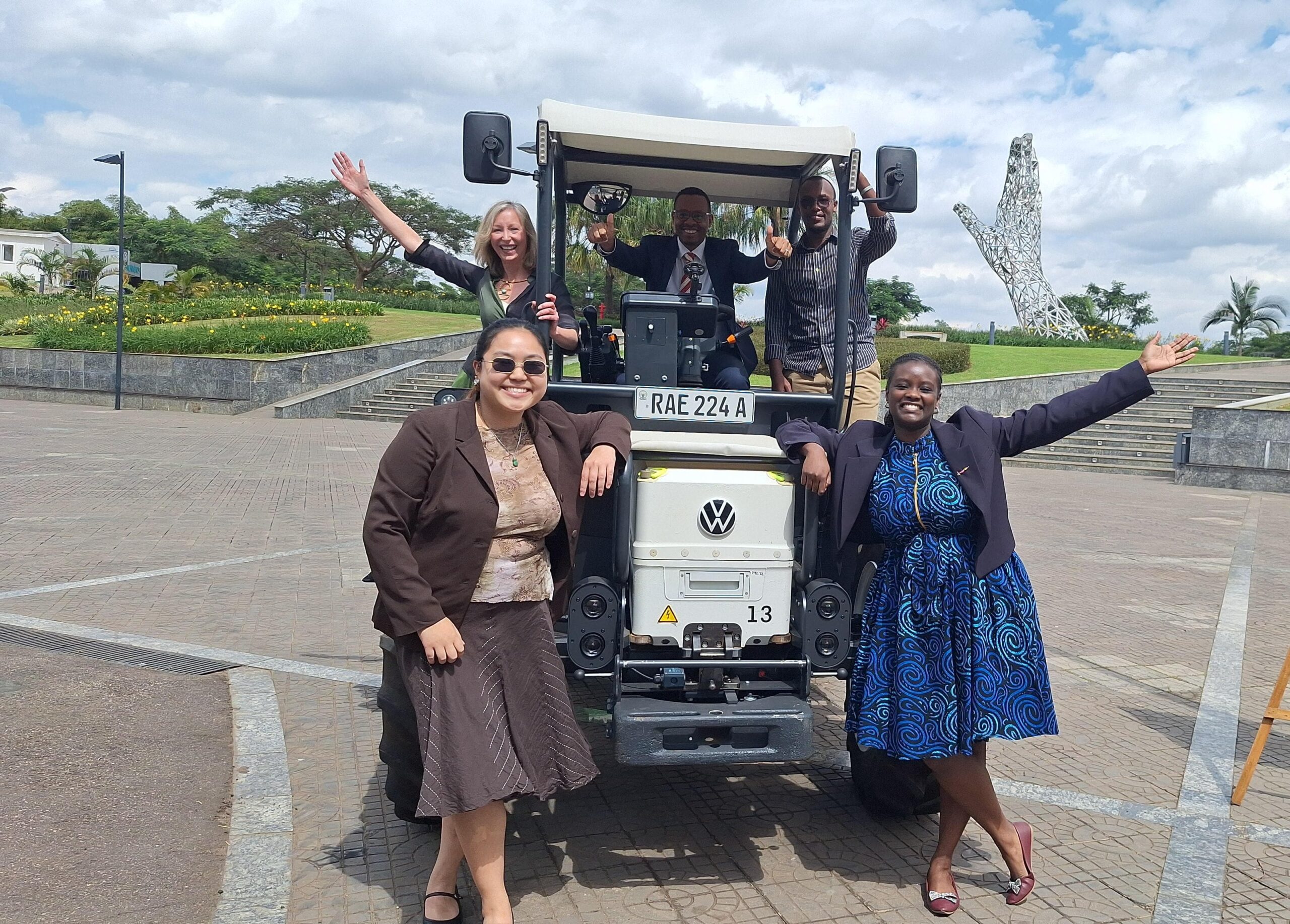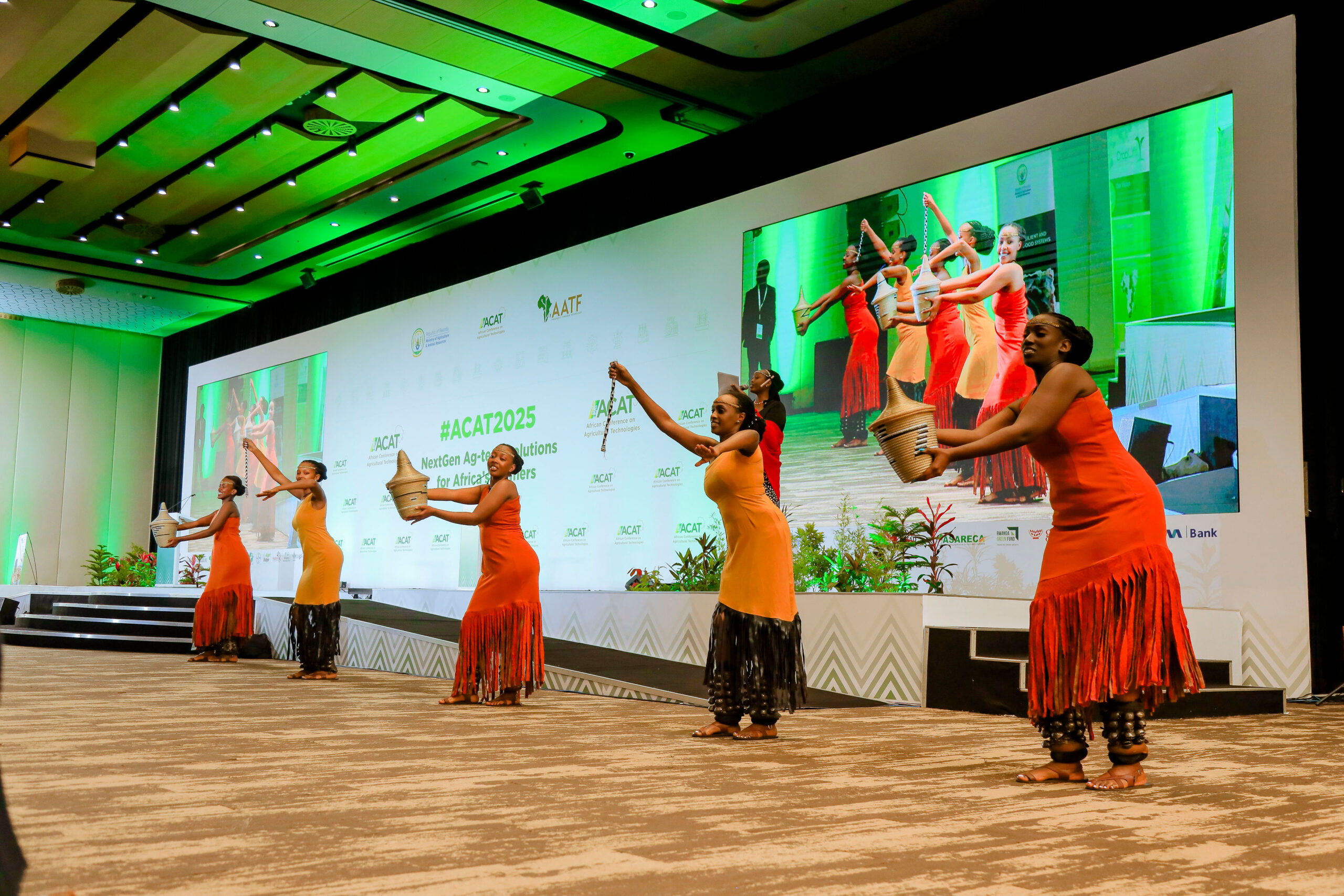ECOSOC at 80: Renewing Multilateralism in an Age of Global Uncertainty
On 23 January, the United Nations Economic and Social Council (ECOSOC) convened a commemorative session…

ACAT 2025, themed “NextGen Agtech Solutions for African Farmers,” was, in the words of Dr. Canisius Kanangire, “Electric!”
Emerging Ag Inc. played a pivotal role, leading the program development and management for this impactful conference. After a year of meticulous planning, Kigali, Rwanda, was ready for action for four days, from June 9th to 12th, 2025, at the Kigali Convention Centre. The event successfully brought together 758 delegates dedicated to advancing agricultural innovation.
The conference was graced by high-level dignitaries who contributed significantly to the crucial discussions on sustainable farming solutions. Among them were the Prime Minister of Rwanda, Dr. Edouard Ngirente, and the Former President of the Federal Republic of Nigeria, H.E. Dr. Goodluck Jonathan. Rwanda’s Minister of Agriculture and Animal Resources, Dr. Mark Cyubahiro Bagabe, also played a prominent role, emphasizing the need for farmer-centric innovations and robust partnerships. These influential figures, alongside many other dignitaries, highlighted the imperative of leveraging technology to address Africa’s agricultural challenges and drive transformative change.
Farmer Voices to Co-Create Innovations
A recurring and vital theme throughout ACAT 2025 was the imperative of placing farmers at the very heart of agricultural innovation. Delegates emphasized that technology must be “people-centered,” ensuring that solutions are not just developed for farmers, but with them. This means actively listening to their needs, valuing their indigenous knowledge, and engaging them as active partners in the co-creation of solutions. The aim is to move beyond simply delivering technologies to farmers and instead foster an environment where their insights and experiences directly shape the development and deployment of new agtech.
Collaborations Among Stakeholders
The conference underscored the critical need for strengthened collaboration across the agricultural ecosystem. It was repeatedly emphasized that no single country, institution, or sector can transform African agriculture alone. Discussions highlighted the importance of forging practical partnerships between governments, the private sector, research institutions, civil society organizations, and, crucially, farmers themselves. These collaborations are essential for fostering an enabling environment for innovation, facilitating knowledge exchange, and ensuring that scalable solutions reach smallholder farmers – the backbone of Africa’s food systems.
Promoting Youth in Agriculture

ACAT 2025 recognized the immense, yet often untapped, potential of Africa’s burgeoning youth population to revitalize the agricultural sector. The conference highlighted that agtech offers vast opportunities for youth employment and entrepreneurship, but requires targeted training, financing, and a change in perception to attract younger generations. Empowering young innovators to scale their smart farming solutions was a key call to action, addressing the current challenge where many young people are hesitant to engage in agriculture despite the continent’s vast arable land.
Integrity in Innovations that Helps Environment
A significant focus of the conference was on the development and deployment of agricultural innovations with integrity, meaning solutions that not only boost productivity but also contribute to environmental sustainability. Discussions revolved around climate-smart agriculture, including practices like water management, renewable energy integration, and the adoption of drought-resistant crops. The importance of traceability and compliance initiatives was also highlighted, ensuring that agtech solutions contribute to responsible resource management, curb deforestation, and build resilient agricultural value chains across Africa.
Creating an Enabling Environment: Finance, IT Infrastructure, and Knowledge Learning
A crucial cross-cutting discussion at ACAT 2025 revolved around the foundational elements necessary to unlock the full potential of agtech: an enabling environment in finance, IT infrastructure, and knowledge learning. Participants stressed the need for innovative financing mechanisms that cater to the unique needs of agricultural startups and smallholder farmers, moving beyond traditional lending models. Simultaneously, the expansion and improvement of rural IT infrastructure, including reliable internet access and mobile connectivity, were identified as paramount to facilitate the adoption of digital agricultural tools.
Finally, robust knowledge learning platforms and extension services were deemed essential to ensure that farmers and other stakeholders have access to the latest research, best practices, and the skills needed to effectively utilize emerging ag-tech solutions.